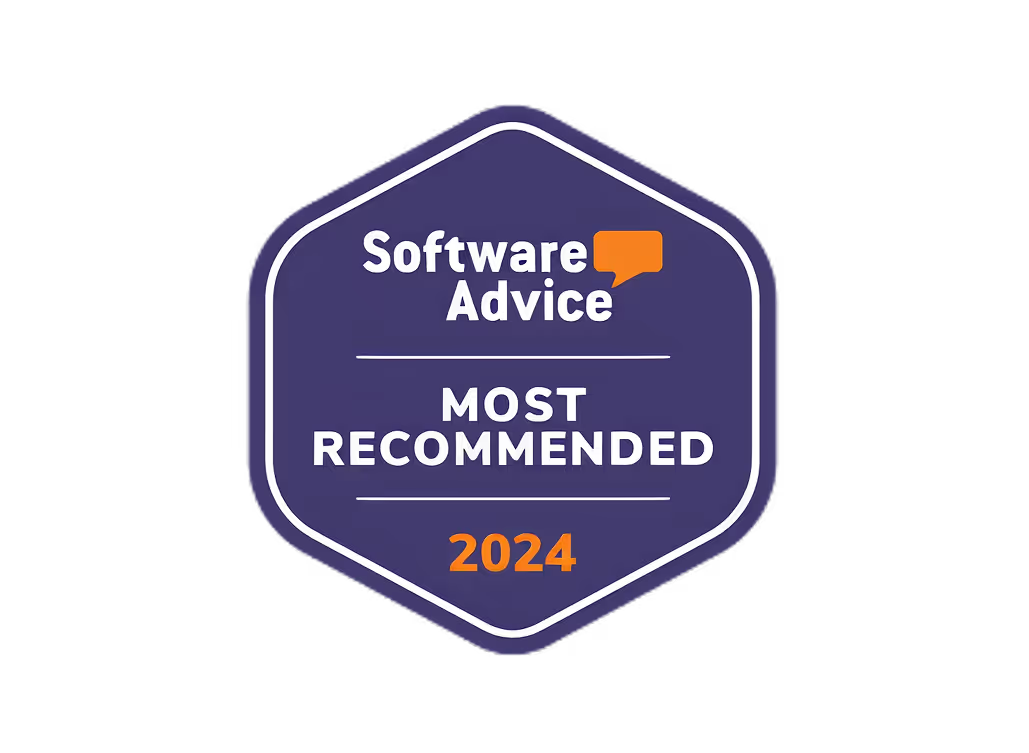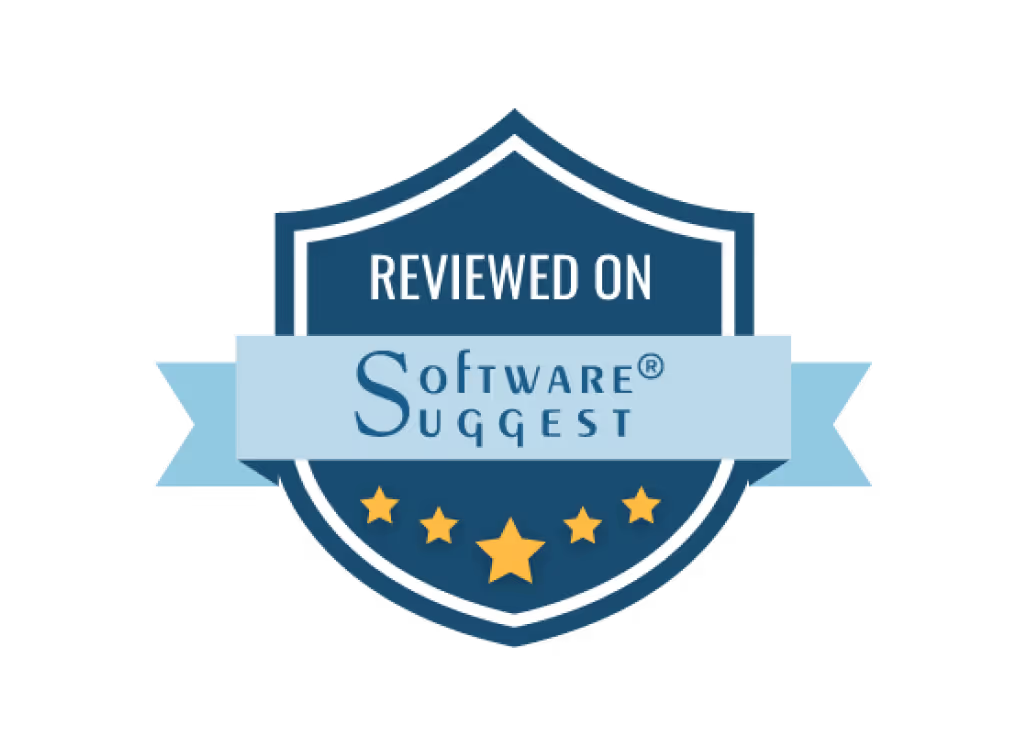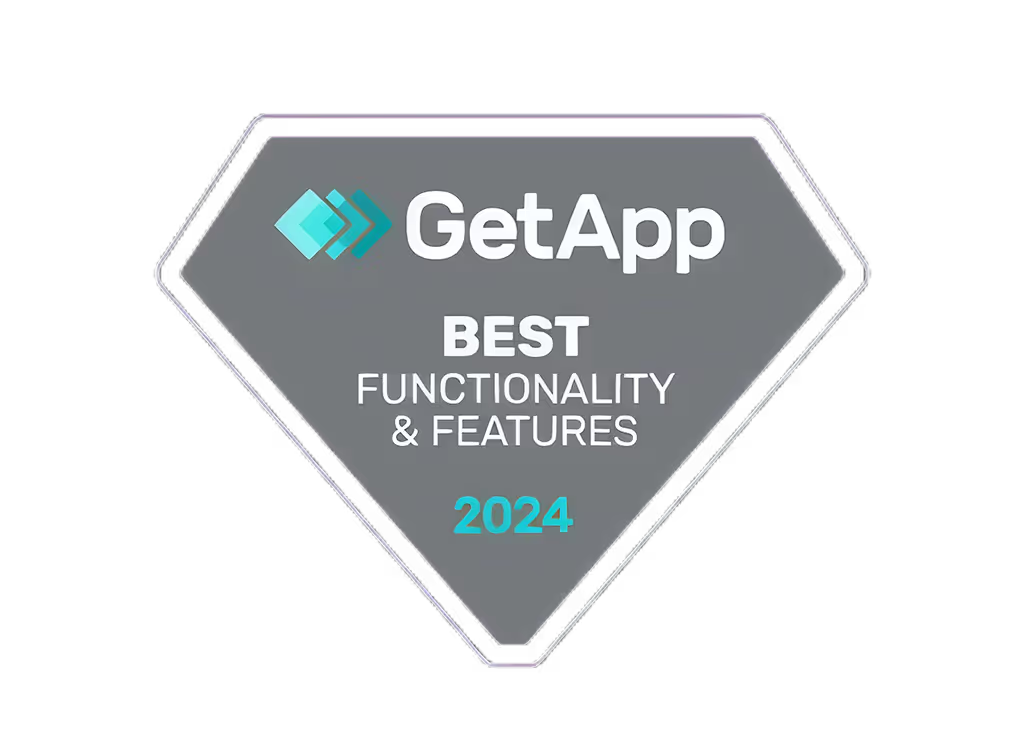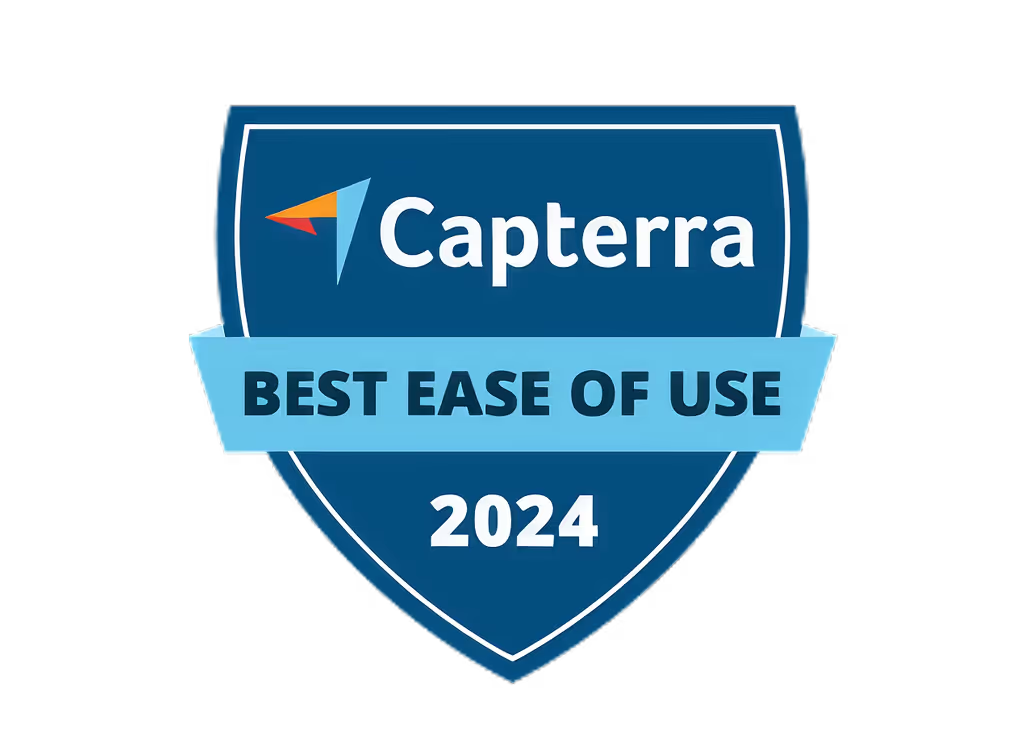Unlock Growth with Expert Google PPC Management Services

Trying to get your business noticed on Google can feel like a puzzle. You spend money on ads, but are you really getting what you pay for? That's where professional Google PPC management services come in. They help make sure your ad budget works hard for you, bringing in customers instead of just clicks. Let's look at how this works and what you should expect.
Key Takeaways
- Google Ads works like an auction where your ad's relevance and landing page quality matter as much as your bid. Good management means lower costs and better ad spots.
- Expect services like smart campaign setups tied to your goals, thorough keyword research (including what *not* to show up for), and ads that make people want to click.
- Professional help gets your business seen fast, targets the right people precisely, and gives you control over how your money is spent, making it work harder.
- Always get full access and ownership of your Google Ads account. If an agency won't give you admin rights, that's a big warning sign.
- Choosing the right provider means finding someone who knows Google's tools well, fits your business style, and offers clear, honest work.
Understanding the Google Ads Auction and Expert Management
Think of Google Ads like a super-fast auction that happens every single time someone types something into the search bar. When you search for, say, "local plumber," dozens of businesses are instantly competing to show you their ad. But here's the thing: it's not just about who's willing to pay the most. Google has a whole system for figuring this out.
How Google Ads Operates and Why Expertise Matters
Google's system looks at a few things to decide which ads get shown and in what order. It's a complex dance, and honestly, trying to figure it out on your own can feel like trying to solve a Rubik's Cube blindfolded. The whole process is designed to show users the most relevant ads possible. This means that simply throwing money at the problem won't always work. You need someone who understands the nuances of the platform to make sure your ads are seen by the right people at the right time. Without that know-how, you're essentially guessing, and that's a quick way to burn through your budget without seeing results. It's why so many businesses turn to professionals for help with their Google Ads bidding strategy.
The Impact of Quality Score on Cost-Per-Click
This is where things get really interesting. Google has something called a "Quality Score." It's basically Google's way of rating how good your ad is. They look at how relevant your ad is to the search term, how likely people are to click on it, and whether the page they land on actually delivers on the ad's promise. A higher Quality Score is a big deal. It can actually lower the amount you pay for each click, sometimes by a lot, and it can also help your ad show up higher. It's like getting a discount for having a great ad.
Here's a quick look at how it can shake out:
- High Quality Score: Your ad is super relevant, people click it, and the landing page is great. You pay less per click and get better ad placement.
- Medium Quality Score: Your ad is okay, but could be better. You'll pay a bit more per click.
- Low Quality Score: Your ad isn't hitting the mark. You'll pay a lot more per click, and your ad might not even show up.
Beyond Bids: Factors Influencing Ad Performance
While bids are part of the picture, they're far from the only thing that matters. Google looks at a bunch of other signals too. Think about things like:
- Ad Extensions: These are those extra bits of info you can add to your ad, like your phone number, a link to a specific product page, or your business address. They can make your ad stand out and give users more ways to interact.
- Search Context: Where is the person searching from? What device are they using? Are they searching on their phone late at night or on a desktop during work hours? These details can change how your ad performs.
- Landing Page Experience: What happens after someone clicks your ad? Is the page they land on easy to use, relevant to what they searched for, and does it make it simple for them to take the next step, like filling out a form or making a purchase?
Managing Google Ads effectively means looking at the whole picture, not just the bid amount. It's about creating a positive experience for the user from the moment they see your ad all the way through to their interaction on your website. This holistic approach is what separates campaigns that just spend money from those that actually make money.
It's a lot to keep track of, and that's precisely why having someone who knows the ins and outs of the Google Ads auction can make such a difference for your business's growth.
Core Google PPC Management Services You Should Expect

When you bring in pros to handle your Google Ads, there are some key things you should always see them doing. It’s not just about throwing up some ads and hoping for the best. Think of it like building a house – you need a solid plan and the right tools from the start.
Strategic Campaign Setup and Goal Alignment
This is where it all begins. A good manager won't just jump in and start spending your money. They'll sit down with you to figure out what you actually want to achieve. Are you trying to sell more products? Get more people to call your business? Sign up for a newsletter? Whatever it is, they need to know so they can build the campaigns to match.
- Define clear objectives: What does success look like for your business?
- Structure campaigns logically: This means organizing things so it's easy to manage and understand what's working.
- Set up proper tracking: Without knowing what happens after someone clicks your ad, you're flying blind. This includes things like conversion tracking.
Setting up campaigns correctly from the start saves a ton of headaches and wasted money down the line. It’s the foundation for everything else.
In-Depth Keyword Research and Negative Keyword Implementation
This is probably one of the most important, yet often overlooked, parts of PPC. It’s about finding the exact words and phrases people type into Google when they’re looking for what you offer. But just as important is figuring out what searches you don't want your ads to show up for.
Here’s a quick look at how keyword research works:
Negative keywords are the unsung heroes. If you sell custom-made furniture, you don't want your ads showing up when someone searches for "free furniture." Adding "free" as a negative keyword stops that wasted spend. Smart negative keyword use can dramatically improve your ad's relevance and lower your costs.
Compelling Ad Creative and Landing Page Optimization
So, you've found the right keywords and set up your campaigns. Now, what do people actually see? Your ads need to grab attention and make people want to click. This means writing clear, benefit-driven ad copy. It’s also about making sure the page they land on after clicking your ad is relevant and makes it easy for them to take the next step, whether that's buying something or filling out a form.
- Write ads that speak to the searcher's need.
- Use strong calls to action.
- Ensure landing pages match the ad's promise.
- Test different ad versions to see what performs best.
It’s a constant cycle of testing and refining. What works today might not work tomorrow, so ongoing optimization is key.
Key Benefits Businesses Experience with Professional Management

Accelerated Growth Through Instant Visibility
When you start running Google Ads, you can get your business in front of potential customers almost immediately. It’s not like waiting for search engines to rank your website over months. With a well-set-up campaign, you can see your ads appear for relevant searches within hours. This speed is a big deal, especially if you're launching something new or need to react fast to what the market is doing.
Precision Targeting for Optimal Audience Reach
Professional management means we don't just show your ads to anyone. We get really specific about who sees them. Think about it: we can target people based on where they live, what they've searched for recently, or even if they've visited your website before. This means your ad budget is spent on people who are actually likely to be interested in what you offer, not just random browsers.
- Demographics: Age, gender, household income.
- Location: Specific cities, regions, or even a radius around your business.
- Interests & Habits: What people are into, what they do online.
- Remarketing: Showing ads to people who've already interacted with your brand.
Targeting is about making sure your message gets to the right eyes at the right time. It’s the difference between shouting into a crowd and having a focused conversation with someone who’s ready to listen.
Empowered Budget Control and Investment Optimization
One of the biggest advantages is having a clear handle on your ad spend. Instead of just guessing where your money is going, professional management provides clear reporting. We can see which ads and keywords are bringing in actual sales or leads and which ones are just costing money. This allows us to shift your budget towards what works best, making sure every dollar you spend is working hard for you. We focus on getting you profitable customers, not just cheap clicks.
The Critical Role of Transparency and Account Ownership
Ensuring Complete Access and Data Control
When you partner with a Google Ads management service, it's really important to know exactly what's happening with your money and your campaigns. Think of it like hiring someone to manage your investments; you wouldn't hand over your bank account and never check it, right? The same applies here. You should always have full administrative access to your Google Ads account. This means you can log in anytime, see all the campaigns, check the spending, and view the performance data. A good management service will set up new accounts using your business details, not theirs, and give you all the login information. They should also be able to show you how your ad data connects with other parts of your business, like your CRM, to paint a full picture of what's working.
Why Account Ownership is Non-Negotiable
Your Google Ads account is a valuable asset. It holds all your historical performance data, your conversion tracking setups, and all the campaign configurations you've worked on. If you ever decide to change management providers or bring things in-house, you need to keep all of that. You should never be in a position where you can't access your own account or data. An agency that insists on owning the account or makes it difficult for you to get full access is a big warning sign. It suggests they might be more interested in keeping you tied to them than in genuinely helping your business grow. A confident and capable management team wants you to see their work and how it's making a difference.
Recognizing Red Flags in Agency Practices
It's good to be aware of what might not be right when looking for a management service. Here are a few things to watch out for:
- Lack of Direct Account Access: If they want to manage your account through their own login or a sub-account, that's a problem. You need admin rights.
- Vague Reporting: If their reports are hard to understand, full of jargon, or don't clearly show how your money is being spent and what results it's generating, be suspicious.
- Refusal to Explain Strategy: While they don't need to give away every single tactic, they should be able to explain the overall strategy and why certain choices are being made.
- Unrealistic Guarantees: No one can guarantee specific results in advertising. Be wary of anyone promising exact numbers or outcomes.
Building trust with your ad management partner is key. This trust is built on open communication, clear reporting, and the simple fact that you always have control over your own advertising assets. If something feels off, it probably is. Don't be afraid to ask tough questions and look for providers who are upfront about everything.
Driving Results: PPC Success Stories and Proven Strategies
Transforming E-commerce with Performance Max
We worked with an online store that was doing okay, but they wanted to really boost their sales. We decided to try out Google's Performance Max campaigns. These are pretty smart because they use Google's AI to find customers across all of Google's platforms – Search, YouTube, Display, Gmail, and Discover. We set it up carefully, making sure the product feeds were good and the targeting was right. The result? They saw their return on ad spend (ROAS) go up ten times. That means for every dollar they spent on ads, they got ten dollars back in sales. It was a huge win and showed how powerful these newer campaign types can be when managed well.
Boosting Lead Generation and Sales Efficiency
Another client, a company selling software for healthcare, needed more leads. They were spending money on ads but not getting enough good contacts. We took a close look at their account and found a lot of wasted spending. We cleaned up their keywords, making sure ads only showed for searches that were really relevant. We also improved the pages where people landed after clicking the ads. After we made these changes, their sales from Google Ads went up by 94%, which is pretty wild. Even better, they actually spent 6% less money on ads. It’s all about being smarter with the budget, not just spending more.
The Power of Systematic Execution in PPC
It’s easy to think that just running ads is enough, but that’s not really how it works. You need a plan. A lot of businesses just throw money at Google Ads and hope for the best. That’s not a strategy. What we’ve seen time and again is that when you have a clear process, things get much better.
Here’s a look at what that systematic approach involves:
- Keyword Research: Finding the exact terms people use to search for what you offer.
- Negative Keywords: Telling Google what searches you don't want your ads to show up for, saving money.
- Ad Copywriting: Creating ads that grab attention and encourage clicks.
- Landing Page Optimization: Making sure the page people land on after clicking is designed to convert them into customers.
- Performance Monitoring: Constantly checking how ads are doing and making adjustments.
When you combine smart planning with consistent effort, you stop guessing and start growing. It’s about making every ad dollar work as hard as it possibly can for your business. This kind of focused approach is what separates campaigns that just spend money from those that actually make money.
Choosing the Right Google PPC Management Services Provider
Finding the right company to handle your Google Ads can feel like a big decision. It’s not just about picking someone who knows how to click buttons in Google Ads; you need a partner who really gets your business and can actually make things happen. Think about it like hiring a contractor for your house – you want someone skilled, reliable, and who communicates well.
Evaluating Expertise Across Google's Ad Suite
Google Ads isn't just one thing; it's a whole collection of tools. A good provider won't just be okay with Search ads. They should know their way around:
- Search Ads: The classic text ads that show up when people search for your products or services.
- Shopping Ads: These are super important for e-commerce, showing product images and prices directly in search results.
- Display Ads: Think of these as banner ads that can appear on millions of websites across the internet, great for building brand awareness.
- Video Ads: Running ads on YouTube can reach a huge audience.
- Performance Max: This is Google's newer, more automated campaign type that uses AI to run ads across all of Google's channels. It needs careful setup and monitoring.
You want a provider who can explain how they use these different tools and why they'd choose one over another for your specific goals. It’s easy for a company to say they do everything, but digging into their actual experience with each ad type is key.
Tailoring Services to Your Business Model
Not all businesses are the same, so why should their ad management be? A provider that just uses a cookie-cutter approach probably isn't the best fit. They should ask a lot of questions about:
- Your Goals: Are you trying to sell more products, get more phone calls, or build brand recognition? The strategy changes based on this.
- Your Customers: Who are you trying to reach? Where do they hang out online? What are they searching for?
- Your Budget: How much can you realistically spend, and what kind of return are you expecting?
- Your Industry: Some industries have super competitive keywords, while others might have unique opportunities.
A provider that takes the time to understand your unique situation will build campaigns that are much more likely to succeed than one that just applies a generic template. They should be able to show you how their approach fits your specific business, not the other way around.
Comparing Agency Partnerships vs. In-House Teams
Deciding between hiring an agency or building your own in-house team is a big choice. Each has its pros and cons:
Agencies can bring a wealth of experience from working with many different clients and industries, plus they often have access to better tools. Building an in-house team gives you complete control and focus, but it can be expensive and time-consuming to find and train the right people. The best choice depends on your budget, internal resources, and how much control you want to maintain.
Wrapping It Up
Look, getting Google Ads to actually make you money isn't rocket science, but it does take someone who knows what they're doing and pays attention. Trying to figure it all out yourself can feel like throwing money into a black hole. The real difference between ads that just cost you cash and ads that bring in customers comes down to having the right know-how. Someone who gets how Google's auction works, how to set things up for your specific business goals, and who keeps up with all the changes Google throws at us. That's where good management services come in. They help make your ad money work harder for you, focusing on what really matters for your business's growth.
Frequently Asked Questions
What exactly is Google Ads, and why do I need help managing it?
Google Ads is like an online auction where businesses bid to show their ads when people search for certain things. It's not just about having the most money; Google also looks at how good and useful your ad is. Having someone who knows the ins and outs of this system can help you get more customers without wasting money.
How does the 'Quality Score' affect my ad costs?
Think of Quality Score as Google's way of saying 'good job!' If your ad is super relevant to what people are searching for and they click on it a lot, your score goes up. A higher score means you can pay less for each click and still show your ad more often. It's like getting a discount for being awesome.
What are 'negative keywords,' and why are they important?
Negative keywords are words you tell Google *not* to show your ad for. For example, if you sell fancy dog collars, you might add 'cheap' or 'free' as negative keywords so your ad doesn't show up to people looking for those. This stops your money from being spent on clicks that won't lead to a sale.
What's the difference between just getting clicks and actually getting customers?
Getting clicks is easy; anyone can do it. But getting clicks from people who are actually interested in buying what you offer is the real goal. Professional managers focus on bringing in the *right* people who are more likely to become customers, not just anyone who clicks an ad.
How can I be sure the management company is doing a good job and being honest?
A trustworthy company will give you full access to your Google Ads account. You should be able to log in anytime and see exactly what's happening. They should also provide clear reports that show how your money is being spent and what results you're getting, not just confusing numbers.
What kind of results can I expect from professional Google Ads management?
With expert help, you can see your business grow much faster because your ads will be shown to the right people right away. You'll reach more potential customers, get more sales or leads, and make sure your advertising budget is spent wisely to get the best possible return.

















